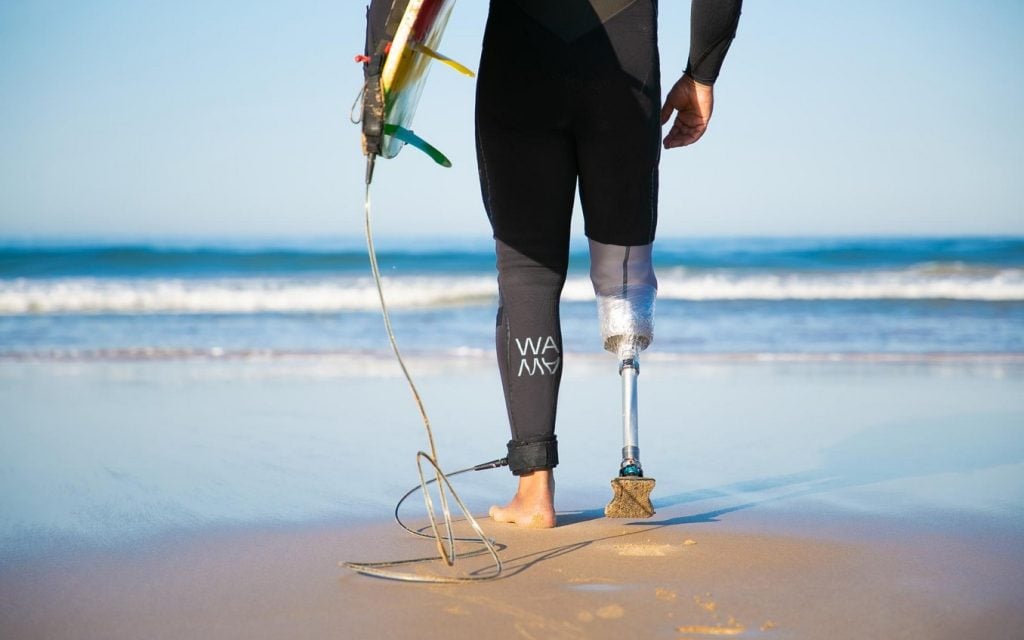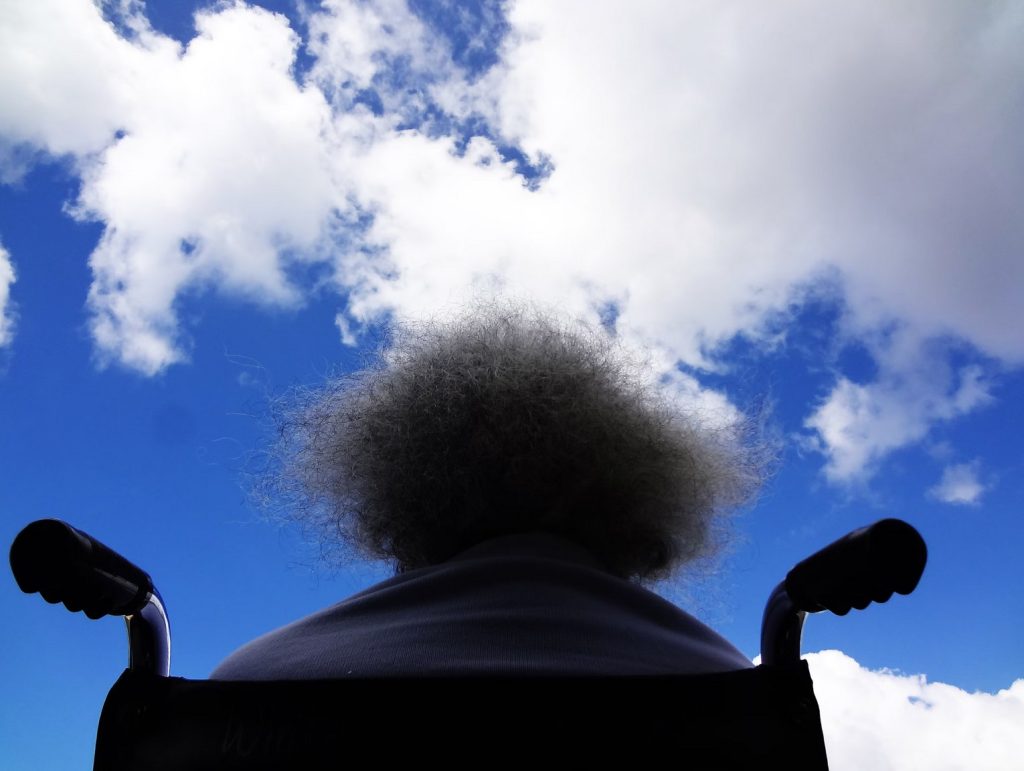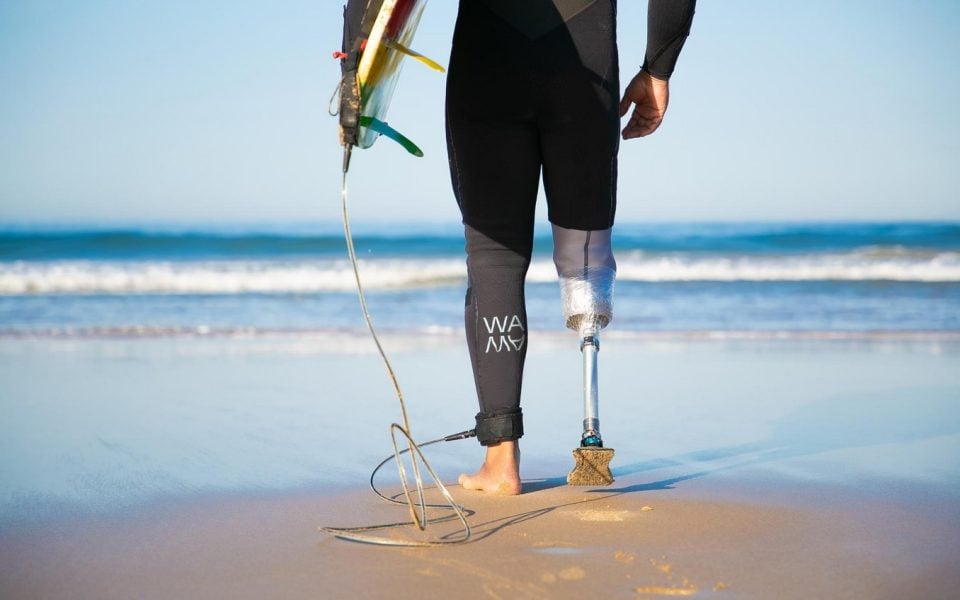
In an era where the global tourism industry is awakening to the untapped potential of accessible travel, Saudi Arabia’s Red Sea Global (RSG) is a leading the way and setting a new standard and putting accessibility first.
Poor provision for people of determination loses the travel industry around $150 billion per year. Indeed, the accessible tourism market has gone from niche to mainstream and presents a significant opportunity with potential revenues approaching $90 billion by 2025. Seizing that opportunity, RSG is integrating accessibility into its projects from the ground up – not as an afterthought, but as a core design principle.
RSG’s commitment to accessible tourism is evident in its Red Sea destination giga-project, which began welcoming international visitors last year. Mark Dyer, Destination Development Associate Director at RSG, emphasises that accessibility is not just about compliance but about creating meaningful, independent, and dignified experiences for all visitors. Speaking to Skift, Dyer said, “We know that brand loyalty from people with disabilities is incredibly high, largely due to the lack of viable alternatives. We aim to deliver accessible travel in a safe, dignified, and seamless way and make it as independent as possible to ensure travellers keep coming back.”
An accessibility-first approach
Traditionally, many tourism destinations have retrofitted their facilities post-build, but it can lead to limitations. Taking an accessibility-first approach, The Red Sea integrates accessible design principles from the start. This proactive approach ensures that all visitors can be accommodate through features such as sensory-friendly areas, wheelchair-friendly connectivity and communication support options.
RSG also works closely with airlines, airport operators, and special assistance handling teams to ensure that needs are communicated ahead of time and the journey is seamless which is often a big concern for disabled travellers. RSG has also created an accessibility committee to ensure all operations meet the global benchmark, ISO 21902 — Accessible Tourism for All standard.
Creating inclusive experiences
It’s more than making sure accommodation is accessible, it’s ensuring experiences leaving a lasting positive impression. The Red Sea destination offers accessible activities like kayaking, sailing, and diving, recently becoming the first of its kind to receive a PADI certification for disability-friendly diving.
“We’re aware that a disabled person can have vastly different aspirations for adventures and experiences across a wide range of physical, sensory, and cognitive abilities — the same as any other visitor. It’s important to recognise those differences to create the special memories everyone looks for,” Dyer added. Other accessible activities already announced include a spa and cooking school at the Earth Lab at Six Senses Southern Dunes, and observational activities at the sensory-needs-friendly Dark Skies program.
Involving those with additional needs is a key step in designing accessibility, and RSG’s approach is to evolve with guest feedback. Positive responses from early visitors have reinforced the company’s commitment to continually improving and expanding its offerings. Plans include launching a new fleet of accessible boats, ensuring that everyone can experience the beauty and adventure of The Red Sea.
Supportive environment
Wellbeing programs for families and caregivers of people with disabilities are also part of the plan, offering experiences that promote mental wellbeing and a sense of accomplishment. Akun, RSG’s adventure sports subsidiary, will provide customised activities for parents, particularly those with special needs children, to build resilience and wellbeing.
This accessible tourism initiative will no doubt have a far-reaching impact, enhancing inclusivity across its entire ecosystem, benefiting not only guests but also employees, local communities, and partners. Additionally, RSG will focus on empowering tourism businesses to become disability-confident employers, providing resources and training to ensure their operational teams have the necessary skills to support and employ workers with disabilities, fostering a more inclusive and diverse workforce.
Why travel agents should prioritise accessible tourism

New business opportunities
Thanks to the growing number of people of determination seeking accessible travel opportunities and experiences, travel agents who have the knowledge can quite easily position themselves as experts, potentially leading them to develop a loyal network of repeat clientele. By demonstrating a commitment to inclusivity and social responsibility, while differentiating from the competition, agents will also no doubt be able to develop a more positive professional reputation, which could lead to brand boosting collaborations and parnerships.
Improve industry and social standards
By supporting accessible initiatives, agents not only inevitably contribute to raising industry standards for accessible tourism, but also create a more inclusieve and equitable travel industry, benefiting the sector as a whole. Over time, and given the ageing population, agents who are on board from now will not only be well prepared for future demand that’s to come, but importantly, have in depth understanding and knowledge of the various needs and requirements, as well as the evolution of accessible tourism, thereby enabling them to provide educated guidance to clients.
Increase bottom lines
With the need to customise services and experiences, agents catering to people of determination are essentially tapping into a lucrative market with significant spending power. More often than not, travellers in this niche require more time to fully experience destinations and activities, therefore would need more room nights. Knowing and understanding such needs and requirements, agents can offer truly bespoke accessible packages and tours commanding premium prices. For operators, providing specialised services such as accessible transportation, special personal assistance and equipment rentals can also generate additional income.



